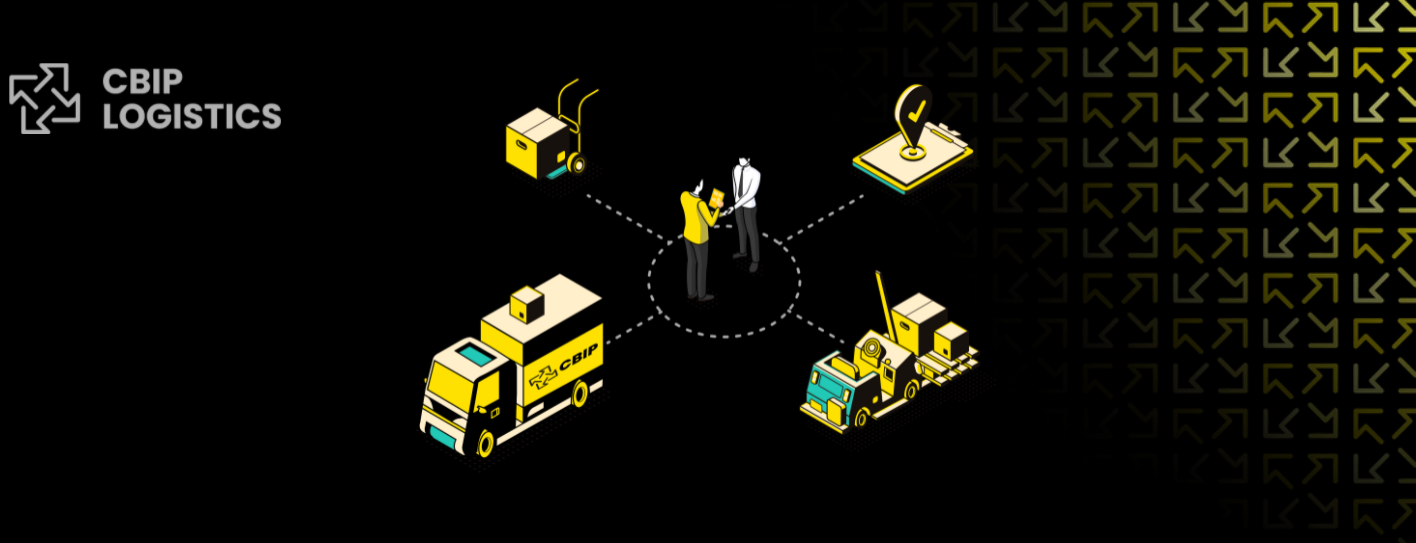What to Look For in a Last Mile Provider

In today’s logistics landscape, getting the last mile right is the name of the game. It doesn’t matter if you’re adept at the rest of your logistics. The last mile is a make-or-break factor to keep customers coming back.
To review, the last mile problem in logistics is the final step of the shipping journey: getting parcels to the doorstep from regional fulfillment centers and warehouses. For nearly all businesses, it is both the most expensive step of fulfillment and the one that takes up the most time.
Estimates show that the last mile accounts for more than half of total shipping costs. That means partnering with a logistics provider who knows their way around the last mile is crucial to make your dollar go further — and uphold your business’s reputation.
Read About CBIP’s Global E-commerce Logistics Services
Here’s what you need to remember when selecting a last mile provider for your business.
-
Flexibility comes first
In last mile shipping, uncertainty is a certainty.
Last mile delivery faces daily on-the-ground issues like traffic jams, route closures, vehicle malfunctions, and personnel shortages. To make matters worse, consumers expect faster and faster delivery times. To account for both, businesses need flexibility in their logistics.
Imagine an influx of demand to a new target market like London. If your last mile provider has only a single protocol for delivering to addresses in the city, a spike in traffic congestion or a road undergoing construction means serious stress on your business.
In the age of e-commerce, fast shipping is imperative. For Generation Z, polling shows same-day shipping options are the top predictors of their decision to place an order. You’re unlikely to be able to promise same-day shipping if you — and your logistics partner — can’t adapt.
A flexible and competent partner should be able to:
-
Adapt quickly to route closures using technology and quick-response teams in multiple regions
-
Have backup plans ready when major closures occur and be willing to use them
-
Communicate with local delivery networks to fill in gaps when primary shipping options fall short
-
They need the right technology — and should know how to use it
Today, 53% of online shoppers won’t place an order if they don’t receive accurate date and time notifications.
Businesses can no longer afford to skimp on their technology and expect to keep customers.
Besides aiding visibility, tech integrations in the last mile today help to:
-
Predict closures and congestion with artificial intelligence (AI)
-
Keep clients up to date with order management softwares and app notifications
-
Optimize routes by identifying trends that have led to hold-ups in past deliveries
-
Pave the way for new hardware innovations, from drones to driverless cars
A key aspect of technology in the last mile comes through communication.
Though nobody is expecting autonomous delivery systems to show up at their door just yet, a level of technology establishes trust between businesses and customers. And the added transparency takes some of the pressure off your business when unexpected delays do occur.
RELATED: What You Actually Need to Know About Supply Chain Breakdowns
-
They should give you a great courier network
In 2021, almost 40% of last mile delivery providers reported difficulties finding qualified drivers.
At the same time, as most businesses operating in today’s e-commerce landscape know well, no delivery destinations are off limits for commerce.
Whether it’s a high-rise apartment in the middle of a dense metropolis or a doorstep way off the beaten path, customers really expect delivery coverage everywhere — and that’s no small task.
And even the ‘big guys’ like FedEx have been forced to reroute packages due to labor shortages and driver staffing issues.
A good last mile provider should have a vetted, comprehensive network of local delivery partners no matter where you operate. Instead of just outsourcing their delivery to an opaque third-party service, your partner should have connections on the ground that know the ins and outs of the region. The bigger the network they have access to, the better.
With CBIP, you can take on the last mile with confidence
As an experienced 4PL provider, we know what matters in last mile delivery because we’ve seen it all.
Our model hinges on flexibility. Rather than owning all the assets ourselves, we contract with trusted partners to give you what matters most: options. For any location you want to deliver in, we have a list of warehouse partners and delivery experts at the ready to work with you.
We also help you keep your customers in the know. CBIP integrates with custom technology like Anchanto and Gravity, so you get up-to-date order tracking and a single dashboard to manage your online marketplaces.
Ready to work with a partner who knows how to navigate the good and the bad of last mile delivery? Drop us a line today and we’ll create a custom plan that can handle your last mile needs the right way.






